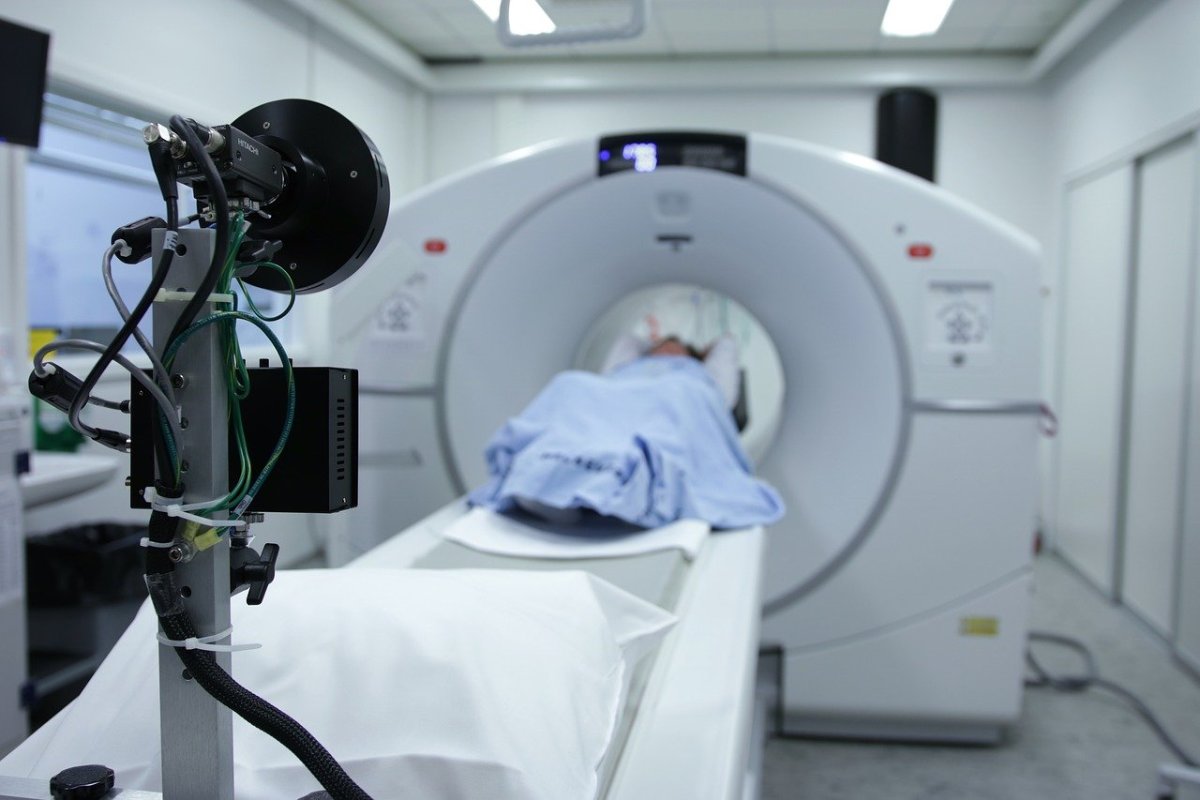Table of Contents
Introduction
Healthcare technology is any technology designed to support healthcare organizations, including medical devices, computer systems, algorithms, artificial intelligence (AI), cloud, and blockchain.
How Technology Has Changed Healthcare
There have been many revolutionary advancements in health technology over the centuries of people practicing medicine, but few have had such a significant impact or impact as digital technology. Drastic improvements in networks and computers have not only expanded medical treatment options but have also changed the way doctors work.
TODAY, using EHR systems or other technologies to interact with patients and create treatment plans is standard practice. Laptops and tablets are as typical in healthcare as stethoscopes. And also there is growing evidence that EHRs positively impact accessing and sharing medical information.
Benefits Of Technology In Healthcare
Improving Patient Care And Experiences
Using technology to measure and collect data across the patient care system gives healthcare organizations insight into their performance. Technology is also helping automate this metric to continually review their results, identify issues that need to be bespoke, and find ways to improve patient care and knowledge.
Real-Time Information Exchange
From physicians to patients to payers, many different groups need access to medical records for various reasons. Traditionally, organizations have had to keep separate records for each group. But with new technology making it easier to standardize and securely store digital patient records, more and more organizations are integrating their data so that authorized people can access the documents they need when they need them.
Flexibility For Patients And Physicians
Patients are busy, and it can be challenging to find time for appointments. There fore telemedicine technology and patient portals provide more opportunities to communicate with healthcare professionals. Wearable technologies such as heart monitors also give physicians more opportunities to assess the well-being of their patients and give them more opportunities to record and evaluate symptoms throughout their lives.
Artificial Intelligence Technology In Healthcare
Much of the current effort to integrate artificial intelligence into healthcare focuses on supporting clinical decisions and removing helpful information from large data sets. Healthcare organizations have collected so much data that analysis would be impossible without AI. And also aI-powered tools can examine large and complex data sets generated from electronic records, notes, images, sensors. And devices to identify trends that could improve patient care and help researchers develop better disease treatments. Cases from which health organizations could benefit.
Blockchain Technology In Healthcare
Blockchain technology in the healthcare industry provides a user-centric way to collect, verify. And also share healthcare information securely. Most blockchain systems provide a transparent and distributed repository of records that cannot be changed without saving the changes. The technology can anonymize and protect patient data while ensuring full transparency and interoperability in diverse, distributed, and highly fragmented healthcare systems.
Cloud Computing In Healthcare
Most people think of cloud technology as a place to store data. However, cloud environments do more than passively store data. And also cloud environments provide healthcare organizations with the ability to build and customize applications that can automate data flow through their IT systems. Hybrid cloud environments, in specific. Offer security features that help businesses comply with HIPAA and other guidelines while giving them the flexibility they need to move their data.
How Do We Apply Healthcare Technology?
Technology is an essential part of modern healthcare, from giant diagnostic imaging scanners to tiny wearable sensors. In addition to new medical treatments and procedures, technology has also improved many health care business processes. Many people enjoy the convenience of booking online appointments. Accessing test results and recordings with just a few clicks, or distributing questions to their providers via email or SMS.
Here are a few examples of parts where healthcare technology innovations support the next wave of healthcare advances:
Diagnosis And Treatment Of Diseases
Using AI to process medical images and develop disease models can help doctors make more accurate diagnoses. For example, new work from IBM Research has shown that AI can identify and interpret patterns of brain activity. On MRI scans to track the progression of neurodegenerative diseases such as Huntington’s disease.
Medical Images
Artificial intelligence computers and models are particularly useful in medical imaging as they can help convert images into numbers and spot trends. These innovations can benefit radiologists and other clinicians who manage the massive amount of shots. And also they need to review by identifying high-quality results and drawing their attention to abnormalities.
Health Establishments
Many hospitals and health organizations are starting to take advantage of the improvements in electronic health records and find other ways to improve their operations continually. There fore cloud technology, analytics, and mobile technology are just a few technologies companies are using to optimize their digital infrastructure.
Clinical Research
Life science companies are using technology to transform the way clinical trials are conducted. Intelligent devices, telemedicine tours. And sensors support decentralized studies that make data collection more efficient and convenient for those involved.
Also Read: What Is a Rocket? – Work, Function, and More

